September 18, 2018
Employees often too busy keeping up with workloads to innovate

The majority of workers say their workplace regularly asks them to innovate, but a full 65 percent say they’re so swamped with day-to-day work that they don’t have time to think about the future, a new report by Workfront claims. Yet their work remains important to employees, as over half (57 percent) says what they do matters to them personally. The report also found that UK workers rate their own contributions higher than those of their colleagues. On average, most workers scored their productivity at 7.84/10, compared with 7.05 for co-workers and 6.28 for company leadership. Most do believe though that automation will boost personal productivity, as seventy-seven percent thought that the rise of automation will help people and teams think of work in new and innovative ways. There are concerns too regarding too many time wasting activities, with staff spending only 39 per cent of their workday on their primary tasks. Emails and pointless meetings topped the list of things that keep knowledge workers from getting work done.















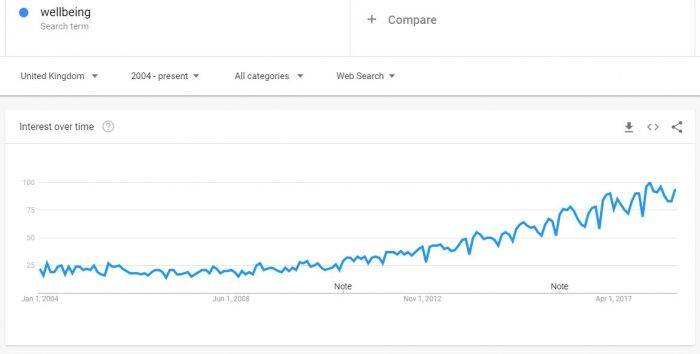


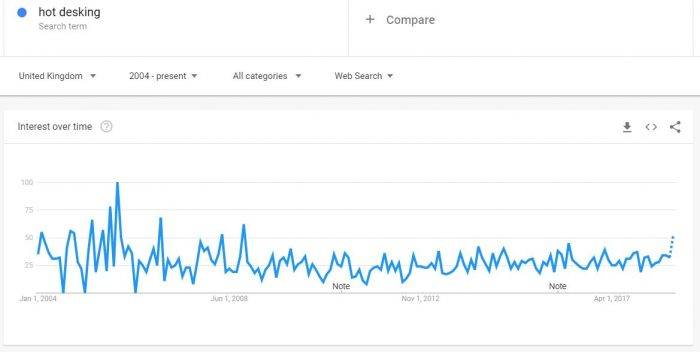


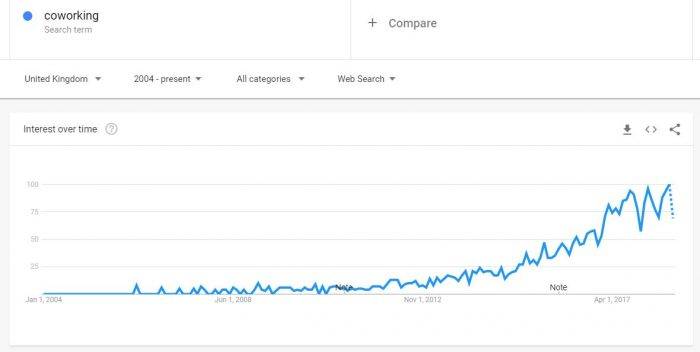
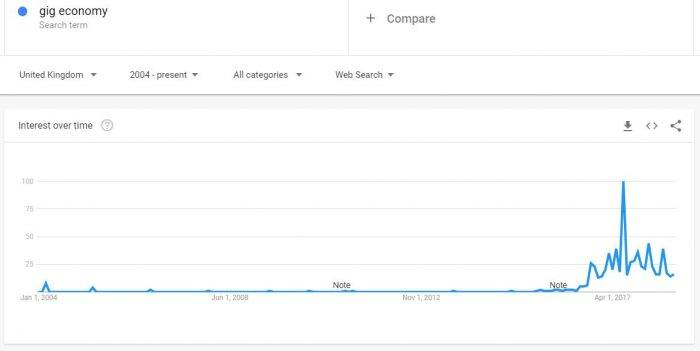
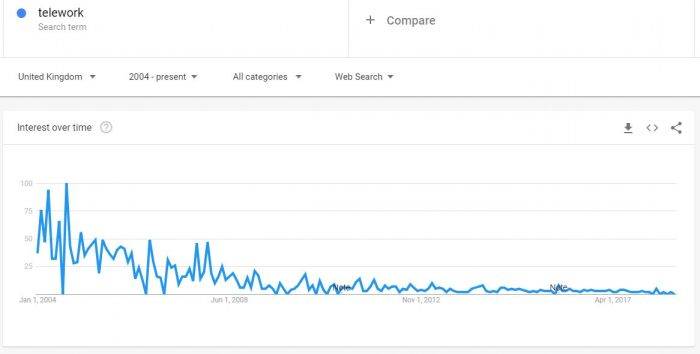
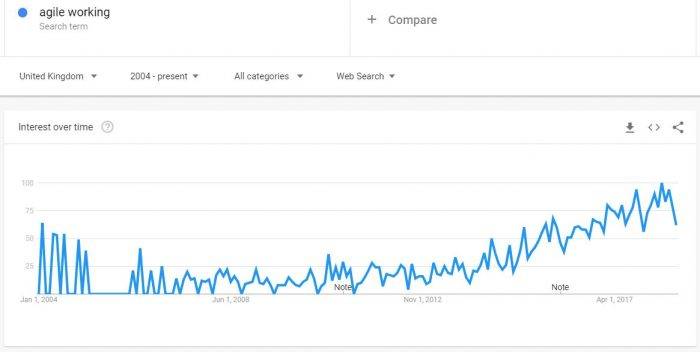







 The majority of UK employees check their work emails while on holiday despite the fact that their employers do not want or expect them to keep in touch, new YouGov research has revealed. It seems the majority (60 percent) of those who use email for work check their inboxes while on holiday. One in four (25 percent) check ‘very often’, one in five (19 percent) check ‘sometimes’, and one in six (16 percent) check ‘rarely’. Just four in ten (40 percent) say they never look at their emails. This is despite the fact that eight in ten workers (80 percent) would prefer to ‘completely switch off’ when they’re on holiday, rather than stay on top of what’s going on in the office. The exception is those who check their emails ‘very often’. Half of this group (47 percent) say they’d rather stay on top of what’s going on at work, with the other half (50 percent) happy to stay out of work issues while on vacation. The research suggests however that fewer than one in six think their managers care whether they stay in touch or not.
The majority of UK employees check their work emails while on holiday despite the fact that their employers do not want or expect them to keep in touch, new YouGov research has revealed. It seems the majority (60 percent) of those who use email for work check their inboxes while on holiday. One in four (25 percent) check ‘very often’, one in five (19 percent) check ‘sometimes’, and one in six (16 percent) check ‘rarely’. Just four in ten (40 percent) say they never look at their emails. This is despite the fact that eight in ten workers (80 percent) would prefer to ‘completely switch off’ when they’re on holiday, rather than stay on top of what’s going on in the office. The exception is those who check their emails ‘very often’. Half of this group (47 percent) say they’d rather stay on top of what’s going on at work, with the other half (50 percent) happy to stay out of work issues while on vacation. The research suggests however that fewer than one in six think their managers care whether they stay in touch or not.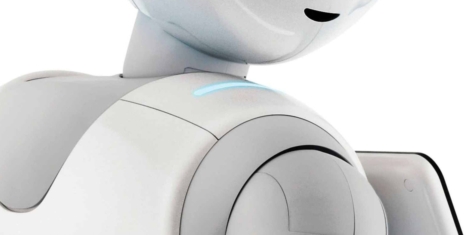












September 12, 2018
Reinventing jobs for an automated future workplace
by Ravin Jesuthasan • AI, Comment, Technology
(more…)